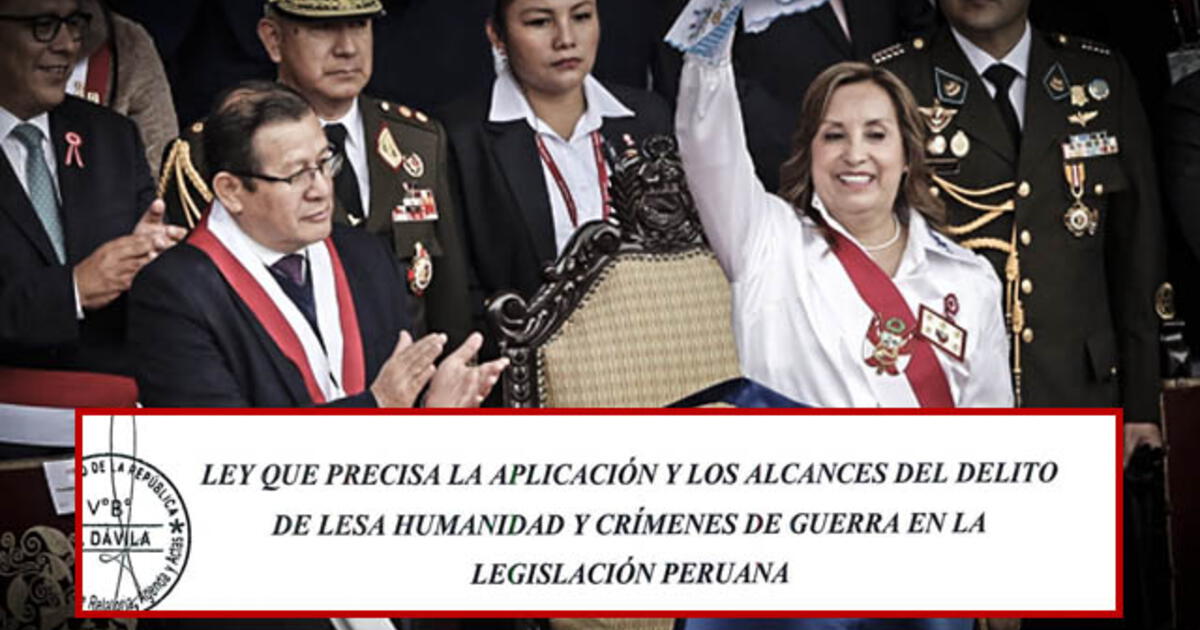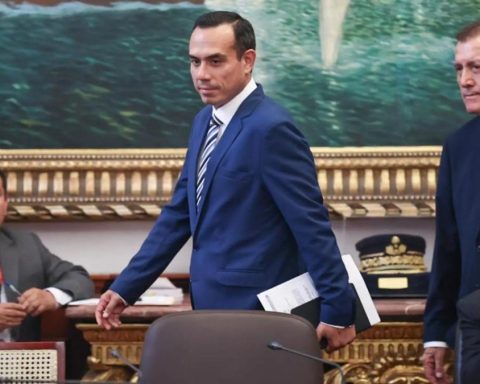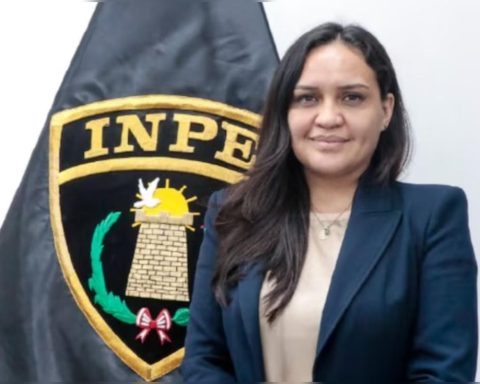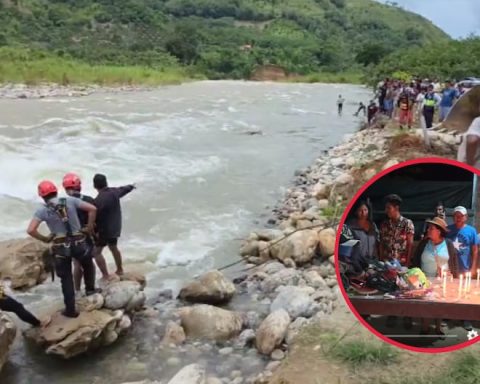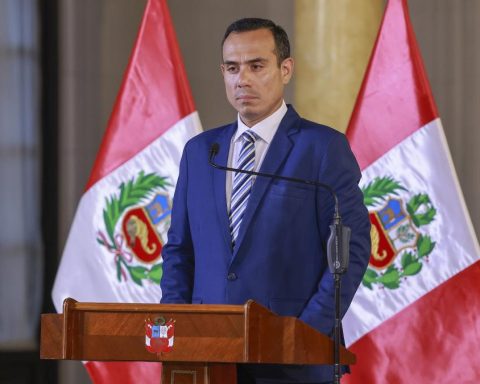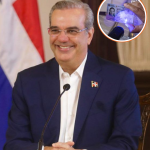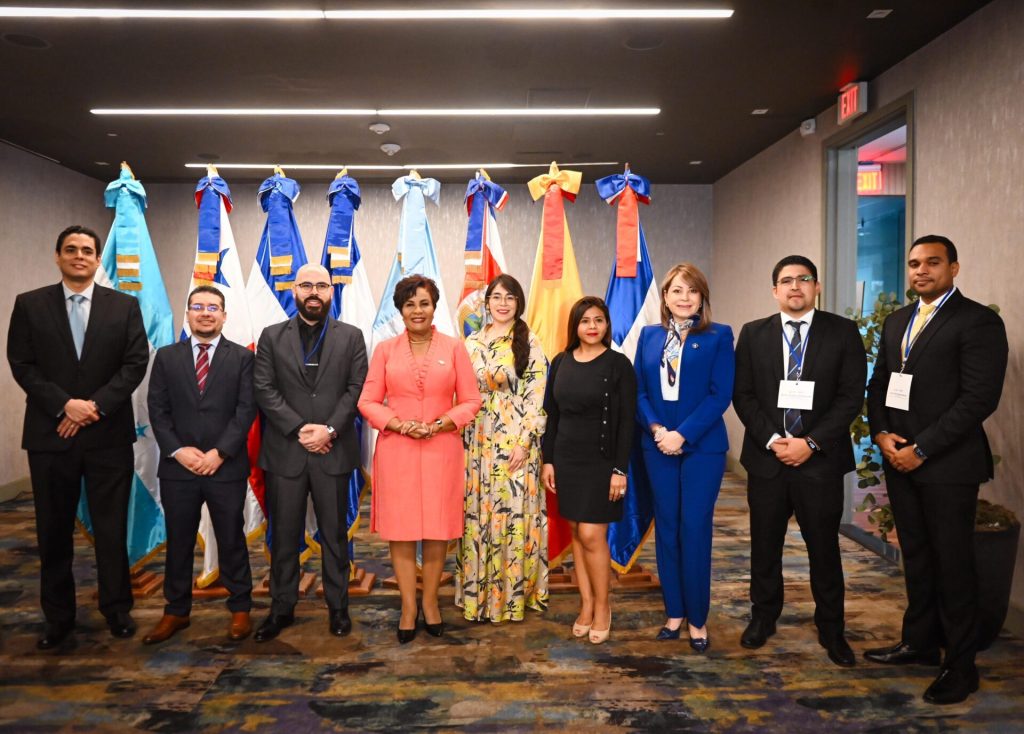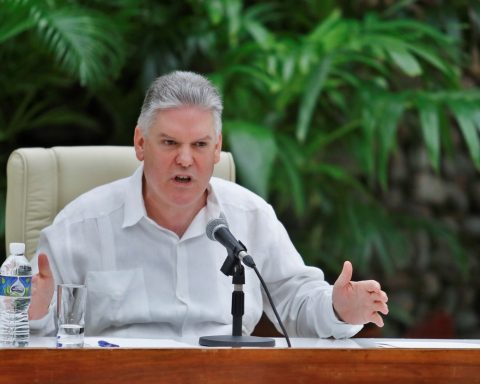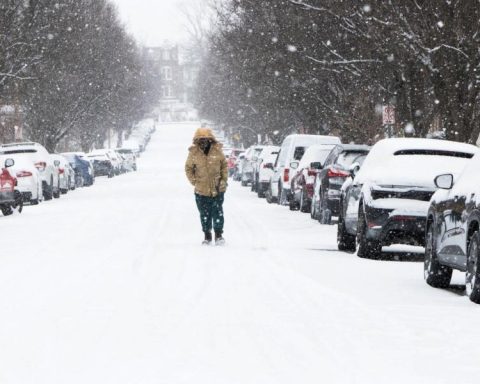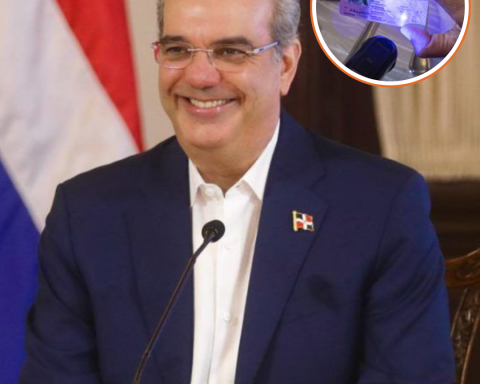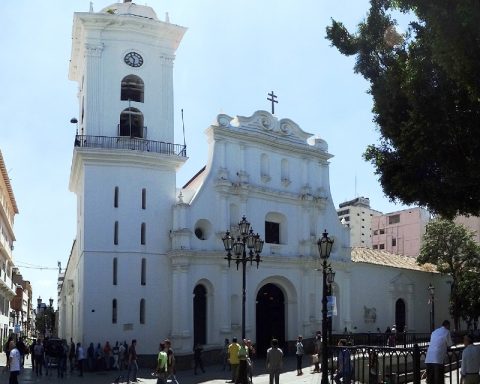Following Dina Boluarte’s silence, the President of Congress, Eduardo Salhuana, ordered yesterday afternoon the promulgation of the law of impunity for crimes against humanity committed during the eighties and nineties. The decision was adopted in open defiance of a provisional measure issued by the Inter-American Court of Human Rights.
This situation had been previously analyzed by the director of the Americas Division of Human Rights Watch (HRW), Juanita Goebertus, who considered that the contempt places Peru alongside Venezuela and Nicaragua.
In a virtual chat with Peruvian journalists, the human rights specialist explained that Peru had already committed its first breach of the IACHR, when it granted a pardon to Alberto Fujimori Fujimori, convicted of the crimes in Cantuta and Barrios Altos and for acts of corruption.
“The Peruvian state has generally shown disobedience in the face of these orders from the inter-American system. It had already done so when it ordered the release of (Alberto) Fujimori in December of last year, despite the fact that the inter-American system had ordered it not to do so, because it was contrary to the obligations of the Peruvian state,” he recalled.
Now we are witnessing a second contempt, since the IACHR had issued a provisional measure for the Peruvian state to refrain from processing the bill of Fujimorist Fernando Rospigliosi, to declare the prescription of crimes against humanity committed in the eighties and nineties, during the internal armed conflict.
Instead of complying with this request from the IACHR, the Peruvian state, through Congress, has followed up on the legislative initiative and approved it without further objection. The text was sent to the Palace and Dina Boluarte avoided observing it. Yesterday Salhuana took the next step towards promulgation.
“(Boluarte’s government) is not interested in stopping this attack by Congress against the democratic system and institutions. On the contrary, it not only tolerates it; in practice, it is willing to support this process,” said the HRW representative.
“In practice, Peru is in a position next to Nicaragua and Venezuela, in terms of not recognizing decisions of the inter-American system,” questioned Juanita Goebertus, in the third session of the Cycle of Political Dialogues with Journalists, promoted by the Gustavo Mohme Llona Foundation, in alliance with the Micaelas Network.
Implications
The HRW representative analyzed the implications of the impunity law and warned that it will have implications for the judicial processes that are still pending. “(This law) can be used by judges and prosecutors to undermine investigations that are underway into serious human rights violations committed during the conflict in Peru,” she explained.
But more critically, he said, this law could also review closed legal proceedings, including those against members of the terrorist organization Shining Path (SL).
“The most serious thing is that it opens the door to reviewing sentences that are already final, both against members of the security forces and the government, as well as members of Shining Path who have already been found responsible for war crimes,” he explained.
